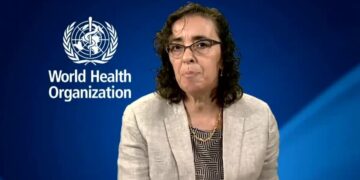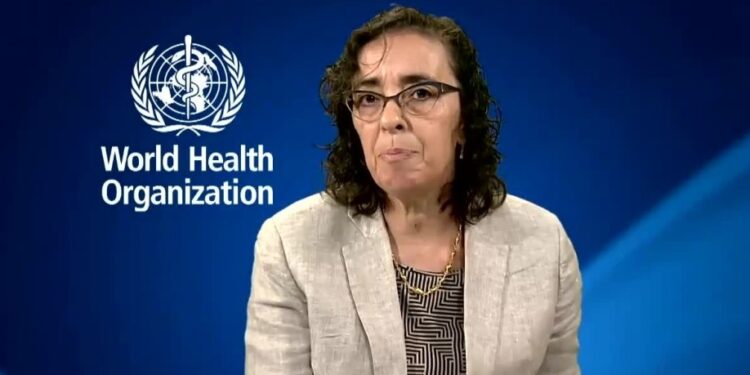By John Ikani
The World Health Organization (WHO) has unveiled two valuable resources aimed at bolstering suicide prevention initiatives.
The first is the “Preventing Suicide: A Resource for Media Professionals” (2023 update), while the second is a policy brief concerning the health implications tied to the decriminalization of suicide and suicide attempts.
As outlined by the WHO, suicide stands as a significant public health concern, impacting more than 700,000 individuals annually.
It ranks as the fourth leading cause of death among 15-29-year-olds, bearing grim consequences for families and whole communities with each life lost.
Suicide’s complex web of causes encompasses a multitude of factors, including social, economic, cultural, and psychological elements.
According to the WHO, the root cause also includes the denial of fundamental human rights, limited access to resources, as well as the strains of life’s events like job loss, academic pressures, relationship difficulties, and discrimination.
In alignment with the UN Sustainable Development Goals and the WHO Global Mental Health Action Plan, a pivotal target has been set: to slash the global suicide rate by one-third by the year 2030.
Immediate and concerted efforts are imperative to attain this goal, and nations have made resolute commitments to enact tangible measures to drive progress.
Speaking at the unveiling at the resources, Dévora Kestel, WHO’s Director of Mental Health and Substance Use, stressed, “Every suicide is a tragedy, and we must redouble our efforts to fortify suicide prevention.”
She went on to add that the unveiled resources will serve as vital guidance in two pivotal areas: the decriminalization of suicide and suicide attempts, and the responsible reporting of suicide by the media.




































